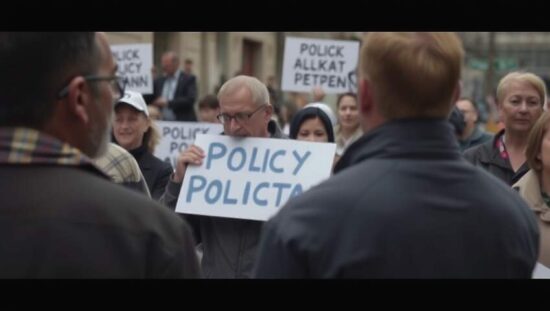The recently approved modernization agenda by the German federal government is eliciting a range of responses and sparking debate regarding its potential impact.
Hendrik Wüst, Minister-President of North Rhine-Westphalia, expressed optimism, stating the agenda holds “enormous potential” to revitalize the German economy and enhance citizen-facing administrative services. He suggested it directly addresses the tendency towards bureaucratic overgrowth within the German public sector, potentially fostering a “fresh spirit of state and administration” – driving efficiency, transparency and restoring public trust. Wüst emphasized, however, that a fundamental modernization of the state necessitates close cooperation between the European Union, the federal government, regional states (Länder) and municipalities. He indicated a willingness to openly discuss responsibilities and competencies, suggesting standardization and a degree of centralization will be necessary, particularly to capitalize on digital opportunities.
The German Association of Cities and Municipalities (DStGB) has urged for a more accelerated reform pace. While acknowledging the initial steps taken by the federal cabinet, its CEO, André Berghegger, stressed that restructuring certain functions alone – such as centralizing vehicle registration – is insufficient. The DStGB advocates for sustained relief measures and the principle of “digital only” processes within government, arguing this will eliminate the costly parallel maintenance of digital and analog structures, improve efficiency and free up valuable resources.
However, reservations have been voiced concerning the agenda’s proposed workforce reductions. Frank Werneke, leader of the Verdi trade union, criticized the planned staff cuts, arguing they neglect the crucial role of public service employees. He suggested the agenda’s focus appears to prioritize rapid digitalization without considering the personnel needed to implement and manage it effectively. With approximately 600,000 public sector positions currently vacant and a significant backlog of overtime hours, Werneke questioned the timing and rationale of personnel reductions, characterizing it as potentially demoralizing to the existing workforce. He underscored the necessity of a motivated and skilled workforce to successfully navigate the complexities of digitalization, arguing that modernization cannot be achieved simply through technological solutions.





